
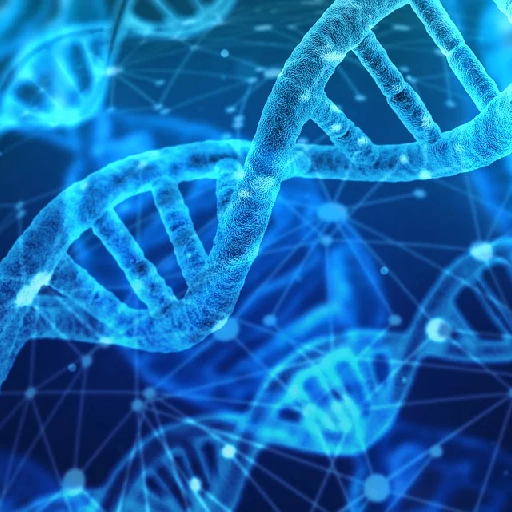
Biochemistry
Conduct research on the biochemistry and molecular biology of pathogenic organisms, as well as develop methods for molecular diagnostics, pharmacotherapeutic studies, pharmacokinetics, bioequivalence of drugs, pharmacogenetics, biomaterials, and their application in sustained and/or site-specific and/or pulsatile drug and macromolecule delivery systems.
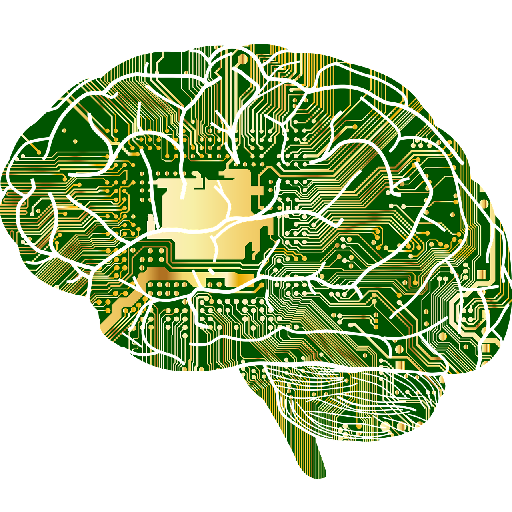
Mobile and Ubiquitous Computing.
Conduct research and innovative application of computer science and information technologies for the active mediation of computers in computer-based education problems. This involves developing interactive learning objects, designing algorithms for process and resource planning in industrial environments, and software development through software engineering to address high-complexity computational problems.
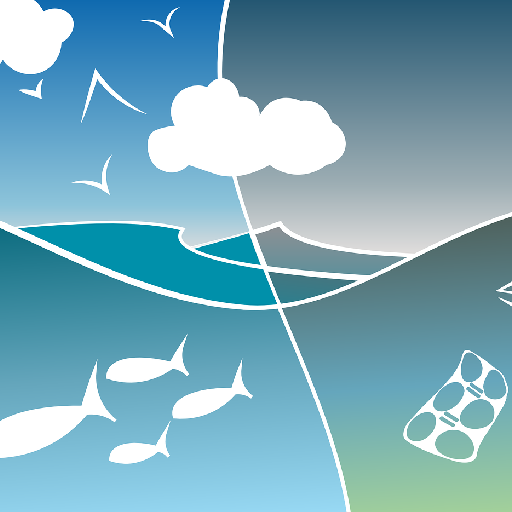
Enviromental Pollution
Conduct basic and applied research on various issues associated with air pollution and its effects on climate change and ecosystems. Additionally, focus on the development and study of the environment, examining the impacts of human activities on the air, and addressing the environmental and social repercussions caused by the generation, management, and final disposal of urban, hospital, agricultural, and industrial waste.
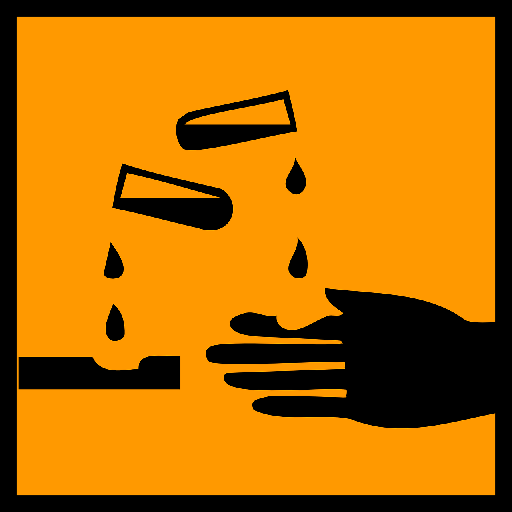
Corrosion and Materials
Engage in basic and applied research related to the design of manufacturing processes, heat treatment, and process system design in the industry to prevent material deterioration in infrastructure. Similarly, conduct basic and applied research related to materials and the deterioration they may undergo due to their surrounding environment. Projects are oriented towards evaluating mechanical, physical, and chemical properties.

Energy and Enviroment
Conduct applied research and develop sustainable photothermal solar technology. Additionally, work on developing clean technologies for refrigeration through absorption, adsorption, and desiccant processes. Analyze, develop, and evaluate systems and alternatives for optimal utilization of energy resources, applying methodologies for energy-efficient use. Undertake basic and applied research on various natural water sources.

Software Engineering and Social Simulation
Develop, apply, and promote methodologies to facilitate the teaching-learning process in the fields of software engineering, scientific computing, networks, and mobile computing. This includes the development of applications and their implementation in high school education institutions.
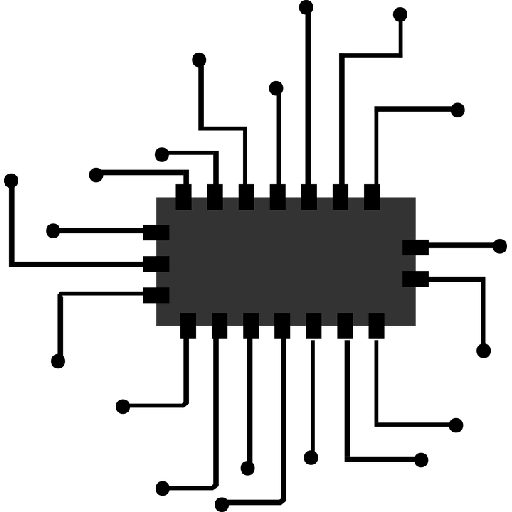
Electrical and Electronic Systems
Develop new theoretical methods, models, and prototypes of instruments, equipment, and control systems that use optical and electrical signals for various applications in the industry. Explore applications in structural integrity, robot navigation systems, bioengineering, and environmental preservation. Additionally, analyze and simulate physiological phenomena using electronic, mechanical, chemical, and/or biotechnological devices or systems.
